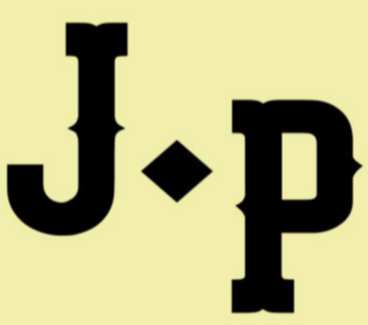Fiber optics the future of digital communication.
Fiber optics help to transmit images, voice messages, and videos at the speed of light.
Because fiber optics are made of glass, they have the capability of transmitting data quicker and more effectively than the traditional copper cable. As the technology evolved, it became clearer and clearer that soon the metal wires will not be able to keep up with the big amount of signals that is being sent through them on a regular basis, due to impedance, the electrical friction that breaks down the signal.
Fiber optics infrastructure as well as full service is all included in your monthly assessment.
Fiber optics transmit information faster and more effectively than copper wires.
When metal wires transmit information, they create a small amount of heat. This heat causes damage to the wires over time. They often need to be replaced. For fiber optics, the data is transmitted through the use of light, which does not affect the integrity of the wire, therefore there is a much lower chance of needing to replace them. (Source: Connected Fiber)
Fiber optic cables consume less energy- Sending electrical signals through copper wires require using a lot of energy, while the amount of energy needed to send a brief flash of light over the same distance via fiber optical cabling is twelve times smaller. Lower energy requirements mean lower carbon footprint and lower price of operation.
Digital signaling - Optical fibers are suited naturally to accommodate digital information, a dominant form of data that we use for computer networks.
Optimized Capacity - Copper or metal wires are very thick, and are unable to be as portable or flexible as fiber optic wires due to the fiber’s hair-like thinness. This allows fiber optic wires to optimize carrying capacity, allowing more channels to be available in any given area.
Signal Integrity – Losing signal is far less common with fiber optics. Especially considering the majority of transmitted data is digital. The core of the optic fiber cable is made of glass, rendering the signal immune against electrometric interference, crosstalk, impedance issues, and more.
Affordable – The production of optical cables are less expensive than the production of copper wire. When considering the advantages and capabilities of fiber optics in comparison to metallic wiring, the affordability increases the value of usage over copper wire immensely.
Light Signaling – Where metallic wiring utilizes analog, electrical signals, optic fibers utilize light. This means that one fiber does not interfere with another fiber within the same wire, allowing for a clearer signal during phone calls or while using the internet.
Flexibility – The usage of fiber optic technology is highly adaptable to many industries. Telecommunications and computer networking specifically, which utilize fiber optics to maintain performance, are used frequently as essential parts of modern living. Optic fiber cables are also immune to environmental damage, protecting them against temperature fluctuations that could otherwise damage metallic wires. In addition, optic fiber wires can be submerged in water, allowing them to reach destinations otherwise impossible for copper cables.
Increased Safety – Optic fiber cables do not use electricity, and therefore there is no chance of sparking or fire hazards.

